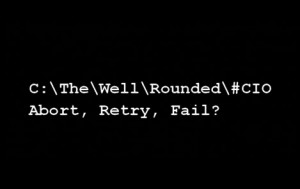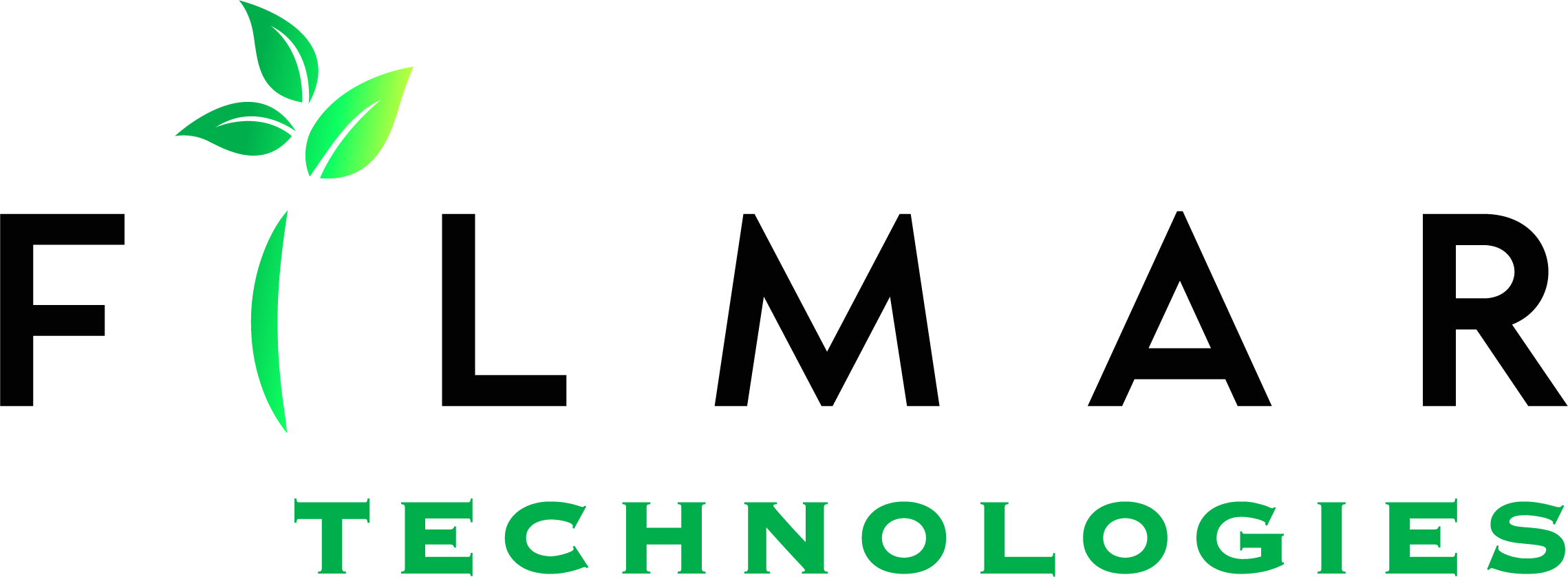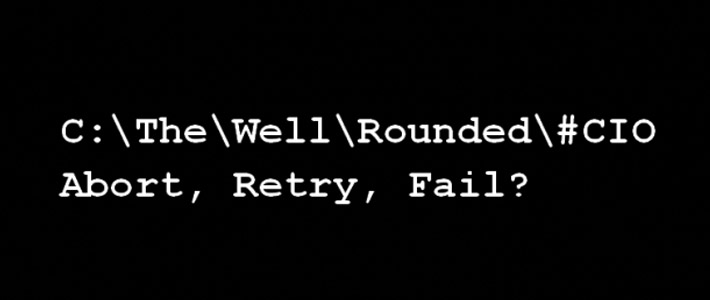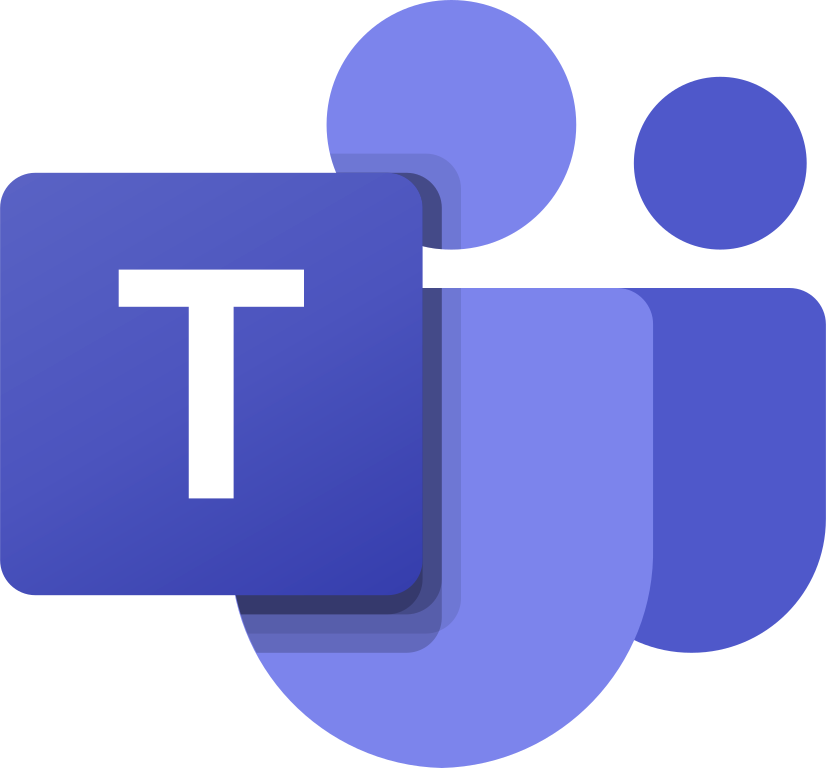 As the Chief Information Officer of your company, the requirements of your job are vast and varied. The skills that you must employ include personnel handling, providing adequate leadership for your team, and understanding information technology. In short, you’re expected to be all that and a bag of chips.
As the Chief Information Officer of your company, the requirements of your job are vast and varied. The skills that you must employ include personnel handling, providing adequate leadership for your team, and understanding information technology. In short, you’re expected to be all that and a bag of chips.
Unfortunately, it can be a pitfall of the CIO to stagnate in the background they are most familiar with to the detriment of the company. It is difficult to understand the challenges your programmers are facing while maintaining budgetary standards and office operations at a consistent level. Doing all of this and keeping up with the fast-paced world of developing technologies and shifting legal standards is all in your day’s work.
Perhaps you are coming from a technology background, and can speak code with the programmers all day long, but have a tough time strategizing your company’s financial projections. Perhaps you come from a background of business and finance, but couldn’t read a line of code if your life depended on it. Perhaps you feel like you understand both of these aspects really well, and opt for a hands-off approach when it comes to your company’s personnel matters. Any way you slice it, you’re going to have to find a way to balance out your skills to effectively lead your company.
Too Much Finance, Not Enough Tech
The CIO’s of today have to understand the financial challenges facing their company both today and far into tomorrow. In order to maintain financial standards, many companies are opting to hire CIO’s with little to no technological expertise, but a deep financial acuity. In fact, according to the most recent data, 39% of CIO’s are currently from fields outside of IT, and that number is growing.
This ensures that money issues will be handled with efficiency, and that the company will stay in the red far into the future. That is, if the financial state of the company were the only factor in its success. However, this is rarely if ever the case.
The pitfall of this heavy-handed finance-driven approach is that the CIO may base all of his or her decision making on the bottom line, with no regard for the broader picture. After all, if you can’t see the entire painting, you’ll never know how big the frame needs to be. When you cannot understand the problems and solutions that your IT team members are presenting, you are much more likely to refuse a request no matter how reasonable it is to someone with in-depth knowledge and expertise. This can create a culture in the company of resentment between programming staff and those higher up in the organizational chart, and even a lack of respect that is damaging to the productivity and effectiveness of the company as a whole.
More than the culture problems this can engender, however, is the very real implication that by not making the investment in the proper tools and equipment the CIO is saving money now to lose money later. In the most extreme examples, we’ve found companies who neglected their networking needs so much that programmers would rather run discs between departments than risk a project on their own slow, unreliable networks. These decisions can be disastrous and ultimately negatively affect the company’s ability to compete in the global marketplace.
When you reduce everything to dollars and time spent, you could actually be spending more of both in the long run. The fact is, it’s nearly impossible to accurately measure the ROI of an infrastructure project before implementation. This is much more of an art than a science, and requires much more than dollars and cents.
Too Much Tech, Not Enough Finance
Just as dangerous to the company is the CIO who can read and write perfect code, but who has trouble decoding the finer financial points needed to keep the company growing in profitability. These CIOs have a deep understanding of what keeps the technology departments afloat, but may become so excited by a new potentially game changing tech development that he or she loses sight of the financial reports.
When this happens, it doesn’t matter how advanced your technology and systems are, you risk running out of crucial capital. When your project goes over budget it never looks good to go back to your CFO, CEO or Directors to request an influx of more cash to finish the project. It would be even worse if you are forced to just plain drop the project. If you’ve already invested a ton of capital but are unable to complete the objectives, it’s unlikely you can avoid embarrassment even with the most advanced IT infrastructure money can buy
We’re unlikely to see many scenarios like this play out, however. It turns out that technologically minded people often want to stay deep within their field, without branching out to handle the business aspects of the company. Still, if you find yourself spending all of your time engrossed in the minutia of your IT department, it may be time to come up for air and take a look at what else is going on around you.
Too Much Business, Not Enough Personnel
As the CIO, you’ll be required to make decisions based on information provided to you in various reports from several departments. It can be easy to fall into the rabbit hole of believing that all of the information you need to know is distilled into these reports, but that is rarely if ever the case. While you may not be able or willing to allow various levels of personnel to have access to you on an ongoing basis, you’ll want to have enough actual discussions with your department heads to get a feel for what is really going on in the company.
As a CIO, you may not feel as though this is your department. However, you could be missing out on some huge opportunities to better understand your company and how it functions. Perhaps there is a rising star in your midst that you are not aware of who has a great idea for solving a company issue, or there is an issue that you are unable to see through the raw data. You’ll never know unless you ask.
Your own emotional intelligence will come into play during these interactions, so look for cues that may indicate upcoming challenges, and try to defuse and understand these situations before they get out of hand. If your IT infrastructure is underperforming and is causing talented engineers to leave the company, it is time to listen to your team. Dedicate some time to understanding the ideas your team has for improvements to the company’s IT infrastructure.
Finding the Balance for You
At age 87, Michelangelo was asked what his secret was for success in life, and simply put he said “I am still learning.” While your school days may be long behind you, the world of technology and business never stops. As soon as you stop learning, you become the victim of a very powerful inertia. Pretty soon, you’ll be leading an inefficient team full of subordinates who are frustrated and upset with the old boss who doesn’t know what he doesn’t know.
There is no cookie-cutter way to address the challenges inherent with the responsibilities of a CIO, and no two CIO’s are exactly alike in personality. Therefore, you’ll have to find a combination of solutions that work for you and keep the company moving forward. Perhaps one of the above scenarios resonates with you, or maybe you don’t know where to start.
If you find that you have trouble understanding the technological solutions your team is presenting to you, it’s time to ask some in-depth questions. You may want to attempt to save face by pretending you understand all of the angles, but you would be doing your team, your company, and yourself a huge disservice. Make sure to ask the who, what, when, where, why, and how questions before you make a judgment call. Then, get yourself some resources to better understand the lingo that has been thrown your way.
Say you’re technologically gifted with a long range of programming experience under your belt. It’s time to grab the business books and start yourself on a little refresher course. Always ask yourself if your passion for new technology is the driver behind your decision making, and whether or not you should take a step back. Consider all the angles, and make a balanced decision that is weighted by the financial information you have at your disposal.
When you’re not sure where to start, the best thing for you to do is to ask some pointed questions to your subordinates and your superiors. Invite some constructive criticism into your life, and grow from that. Your employees will see that you are taking their words into account, which will do wonders for their level of trust in your leadership. When you make decisions from a position of greater understanding than theirs, and they can see it, you’ll be amazed at the results.
If you’re unable to invest some face time with your people truly learning what it is they do in all aspects of the business, it’s time to do some research yourself. The single best habit that the Oracle of Omaha, Warren Buffett, has created for himself over the years is to continuously read on subjects that he does not fully understand. He has set a lower limit for himself of 30 pages of new information in a day. While that may not seem like much, this actually means that over the course of a month Buffett has acquired 900 pages of new information at his disposal. No wonder he’s one of the most successful people in America.
As a Chief Information Officer for your company, it’s time for you to take a forward-thinking approach to your position. Become the most well-rounded CIO in your industry, and you, your team, and your company will be reaping the rewards for years to come.








